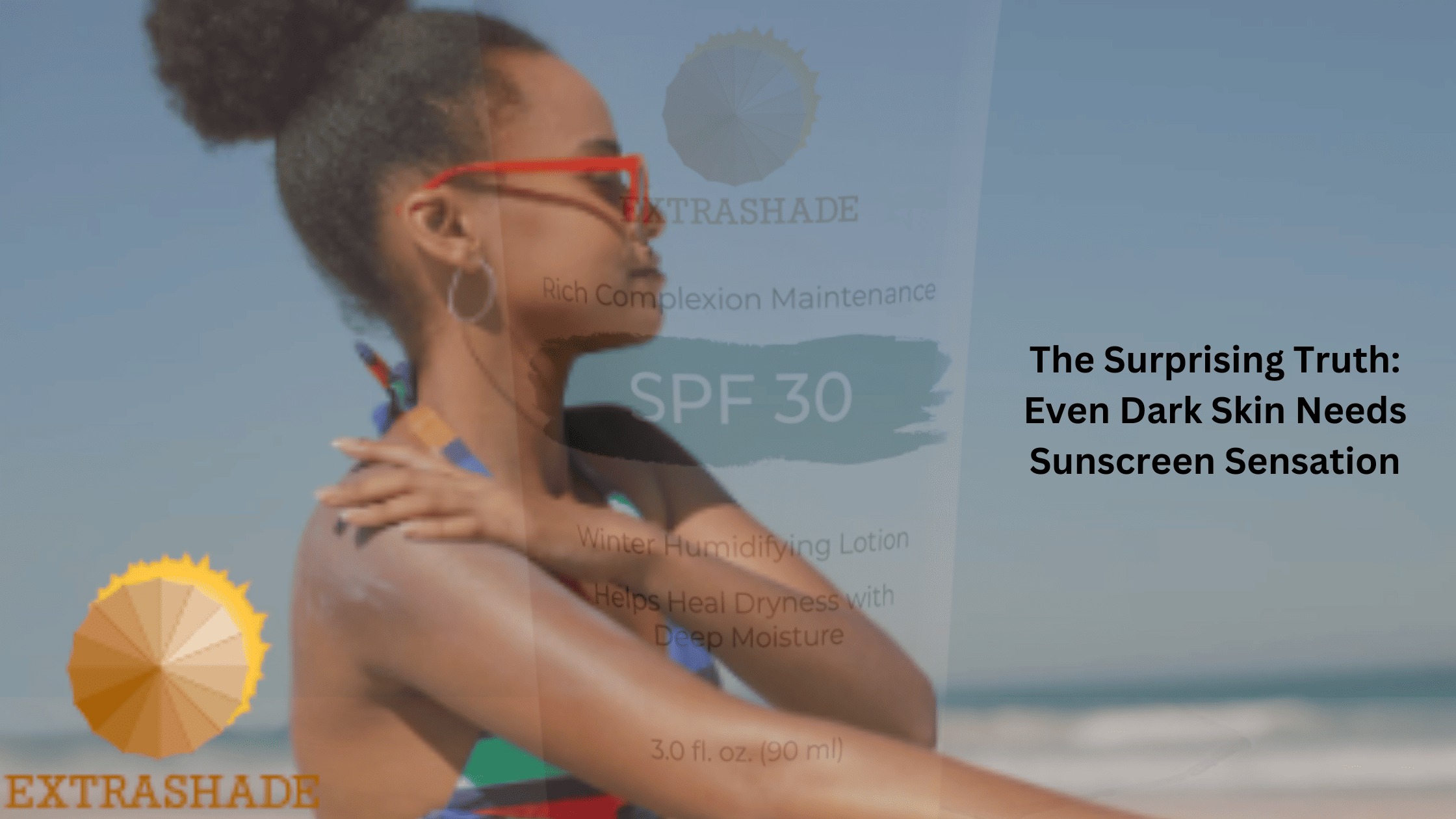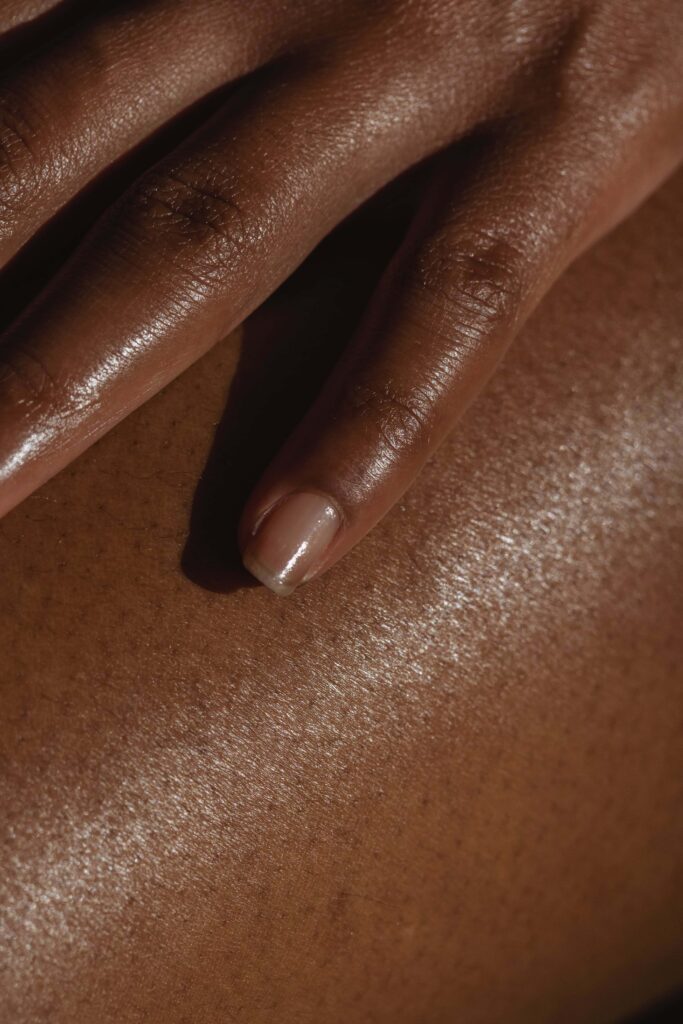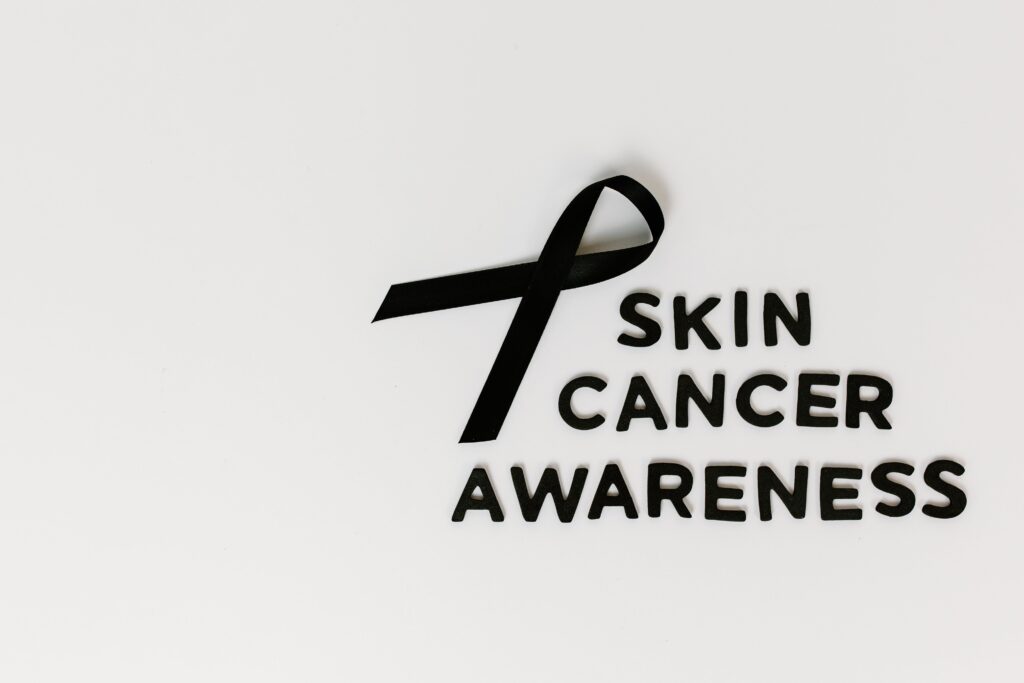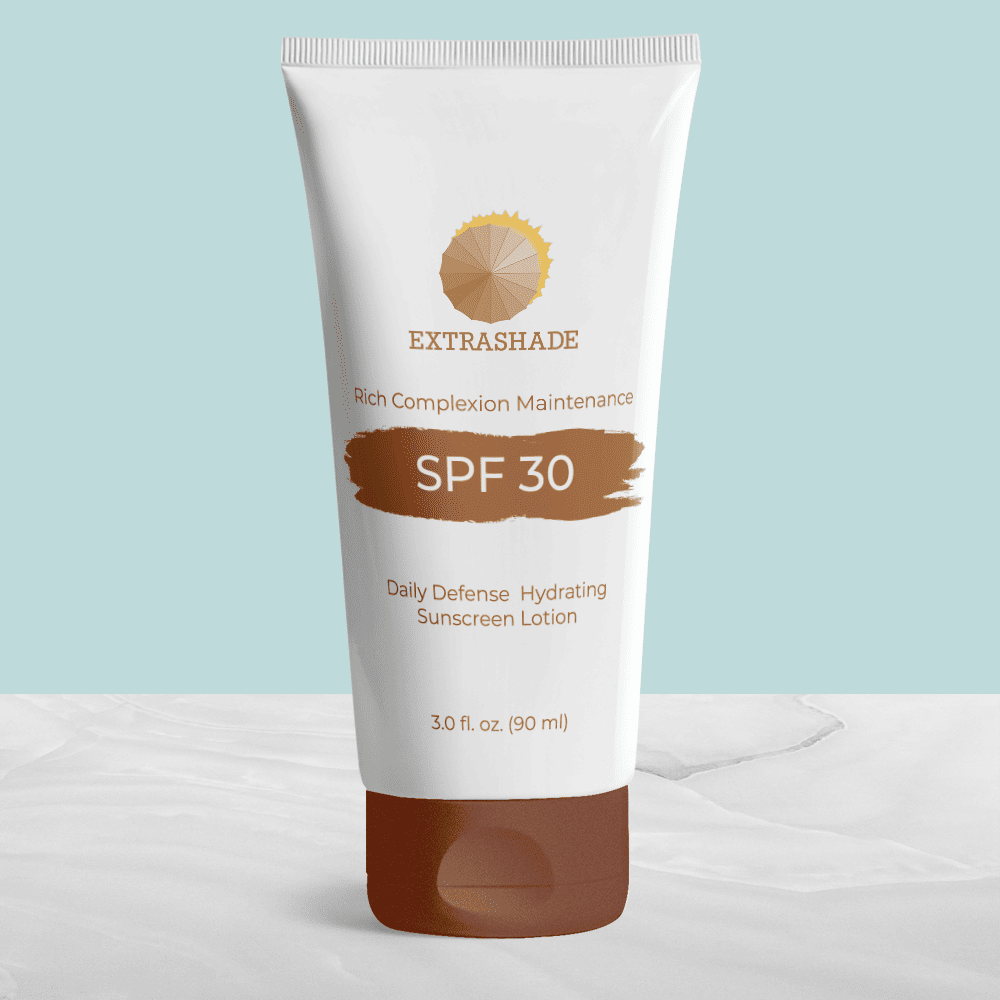From ancient civilizations to modern-day beauty standards, there has been a persistent myth surrounding the invincibility of dark skin when it comes to sun damage. However, recent research has debunked these long-held beliefs and exposed a critical lack of education on the importance of UV protection for all skin tones.
So fasten your seatbelts and get ready for an eye-opening journey into the world of melanin, photodamage, and inclusive skincare practices. It’s time to shatter stereotypes and embrace a new era of comprehensive sun care for every beautiful shade under the sun.
Myth Busting: Dark Skin and Sun Damage
To many, the idea of sun damage and dark skin seems like an oxymoron. There’s a pervasive myth that those with darker skin tones are immune to the harmful effects of the sun. However, this couldn’t be further from the truth.
While it’s true that individuals with darker skin have more melanin, which provides some natural protection against UV rays, they are still at risk for sun damage, including sunburns and an increased risk of skin cancer.
Another common misconception is that dark-skinned individuals do not need to wear sunscreen. This belief often leads to neglecting proper sun protection, putting individuals at risk for premature aging and other forms of sun damage. It’s crucial to bust these myths and spread awareness about the importance of wearing sunscreen and adopting a comprehensive sun protection regimen regardless of one’s skin tone.
By shedding light on these misunderstandings, we can promote healthier habits among all communities and encourage everyone to prioritize their skin’s health when enjoying time outdoors.
Understanding UV Radiation and Skin Cancer Risk
The link between UV radiation and skin cancer risk is a complex yet critical concept to understand. While many people are aware of the harmful effects of UV rays, it’s important to recognize that exposure to these rays can have long-term consequences on our skin health. Recent research has revealed that UV radiation doesn’t just cause immediate sunburns; it can also damage the DNA in our skin cells, potentially leading to mutations that trigger the development of skin cancer over time.
Moreover, it’s essential to acknowledge that everyone, regardless of their skin color, is at risk of developing skin cancer due to UV exposure. Many individuals believe that having darker skin provides natural protection against UV radiation and subsequent skin cancer risk. However, this misconception has led to lower rates of early detection and treatment among individuals with darker skin tones, ultimately resulting in more advanced stages of the disease upon diagnosis.
Understanding the nuanced relationship between UV radiation and skin cancer risk goes beyond simply applying sunscreen or seeking shade. By deepening our knowledge about how UV rays impact our cells and recognizing that all individuals are susceptible to the dangers of sun exposure, we can take proactive steps towards effective prevention and early detection strategies for mitigating the threat of skin cancer.
The Need for Broad Spectrum Protection
In a world filled with ever-evolving environmental threats, the need for broad-spectrum protection has become more crucial than ever. Traditional single-purpose protection measures are no longer sufficient to shield us from the complex and interconnected risks we face each day. From UV radiation and pollution to digital security threats, our modern existence demands a comprehensive approach that addresses multiple facets of protection simultaneously.
The concept of broad-spectrum protection goes beyond simply reacting to individual dangers; it embodies a proactive stance that anticipates and guards against various potential challenges. By adopting this holistic view of safeguarding our health, environment, and data, we can better mitigate unforeseen risks while preserving our well-being in an increasingly uncertain world. Embracing broad-spectrum protection not only promotes resilience but also fosters a sense of empowerment by enabling individuals and communities to confront multiple threats with adaptable strategies and versatile solutions.
Expanding our understanding of what constitutes true security is essential in navigating the complex landscape of contemporary hazards. Broad spectrum protection offers a dynamic framework for confronting multifaceted perils head-on, encouraging us to take the initiative in safeguarding ourselves against existing and emerging threats across all aspects of life. By recognizing the imperative need for comprehensive defense mechanisms, we can pave the way toward a safer future characterized by greater preparedness and resilience for generations to come.
Finding the Right Sunscreen for Dark Skin
Finding the right sunscreen for dark skin can be tricky. Many sunscreens leave an unwanted white cast, which can be especially noticeable on melanin-rich skin. EXTRASHADE is a line of sunscreens specifically formulated for people with dark skin tones.
EXTRASHADE sunscreens are:
- Broad spectrum: They protect against both UVA and UVB rays, which is important for preventing skin cancer and premature aging.
- Oil-free and non-comedogenic: They won’t clog your pores, so they’re a good choice for people with oily or acne-prone skin.
- Dye-free: They’re less likely to irritate sensitive skin.
- Moisturizing: They help to keep your skin hydrated.
We would recommend a sunscreen with an SPF of 30 or higher for everyday use.
Conclusion
The importance of sunscreen for dark skin cannot be overstated. While many people with darker skin tones may believe they are naturally protected from the sun’s harmful rays, the reality is that everyone, regardless of skin color, needs to use sunscreen to prevent sun damage and reduce the risk of skin cancer.
By embracing sunscreen as an essential part of daily skincare routine, individuals with dark skin can maintain a healthy and radiant complexion while protecting themselves from potential harm. It’s time to debunk the myth that dark skin is immune to sun damage and start incorporating sunscreen into our daily lives. Let’s commit to prioritizing our skin health by using sunscreen regularly and spreading awareness about its significance in all communities.





